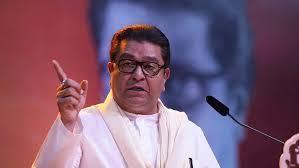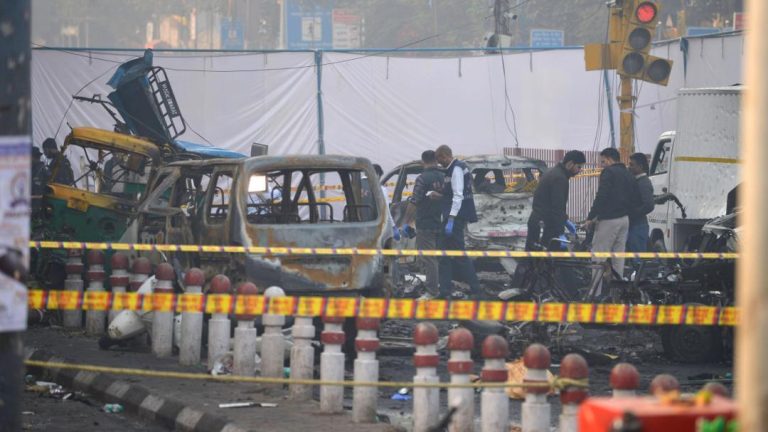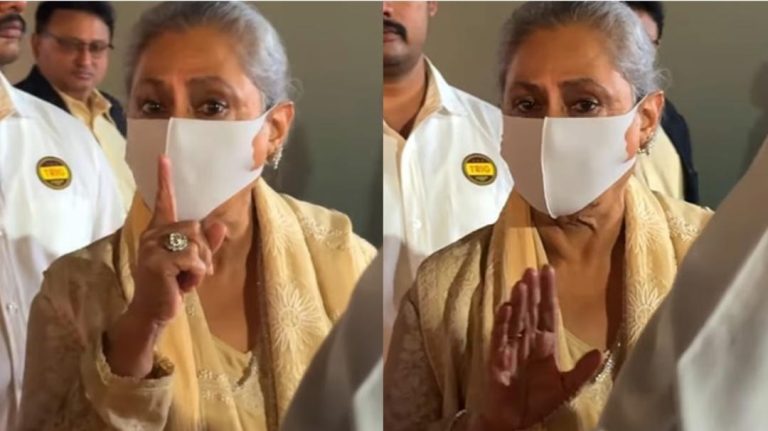
Title: Only Marathi & English be taught in schools: Raj Thackeray to govt
Maharashtra Navnirman Sena (MNS) chief Raj Thackeray has sparked a heated debate in the education sector by demanding a written order from the state government to ensure that only two languages – Marathi and English – are taught from Class 1 onwards in state board schools. In a recent statement, Thackeray emphasized that the government had earlier declared this decision but failed to issue a written order, which has left a vacuum of uncertainty.
Thackeray’s demand has raised eyebrows among educators, students, and parents, who are concerned about the impact this decision may have on the education system in the state. While the MNS chief has warned that his party will launch an agitation if the government rolls back the decision, many experts are of the opinion that this move could hinder the progress of students who are already struggling to keep up with the demands of the current curriculum.
The debate surrounding the teaching of languages in schools is not new. For years, there have been calls for the inclusion of more languages in the curriculum, particularly in the context of globalization and the increasing importance of communication across cultures. However, Thackeray’s demand has sparked a renewed focus on the importance of Marathi in the state’s education system.
According to Thackeray, the inclusion of Marathi in the curriculum is essential for the preservation of the state’s cultural heritage. He believes that the language is an integral part of Maharashtra’s identity and that its exclusion from the curriculum would be a betrayal of the state’s cultural roots. The MNS chief has also emphasized that the teaching of English is necessary for students to compete in the global job market, but he argues that it should not come at the expense of the state’s official language.
While Thackeray’s sentiments may resonate with many Marathi speakers, his demand has also raised concerns about the potential impact on students who are not proficient in the language. Many students in Maharashtra are already struggling to keep up with the demands of the current curriculum, and the inclusion of Marathi as a compulsory subject could put additional pressure on them.
Moreover, the teaching of Marathi as a compulsory subject could also be seen as a form of cultural imperialism, where the language and culture of the dominant group are imposed on minority groups. This could lead to a sense of alienation and exclusion among students who do not identify with the dominant culture.
Furthermore, the inclusion of Marathi as a compulsory subject could also be seen as a form of linguistic chauvinism, where the language and culture of the dominant group are given precedence over others. This could lead to a lack of diversity in the curriculum and a failure to recognize the cultural and linguistic diversity of the state.
In conclusion, while Thackeray’s demand for the inclusion of Marathi as a compulsory subject in the curriculum may have some merits, it is essential to consider the potential impact on students and the state’s education system as a whole. It is crucial that the government takes a balanced approach to language education, recognizing the importance of Marathi as a cultural and linguistic heritage while also ensuring that the curriculum is inclusive and diverse.
Sources:
https://x.com/RajThackeray/status/1930208483518857496






